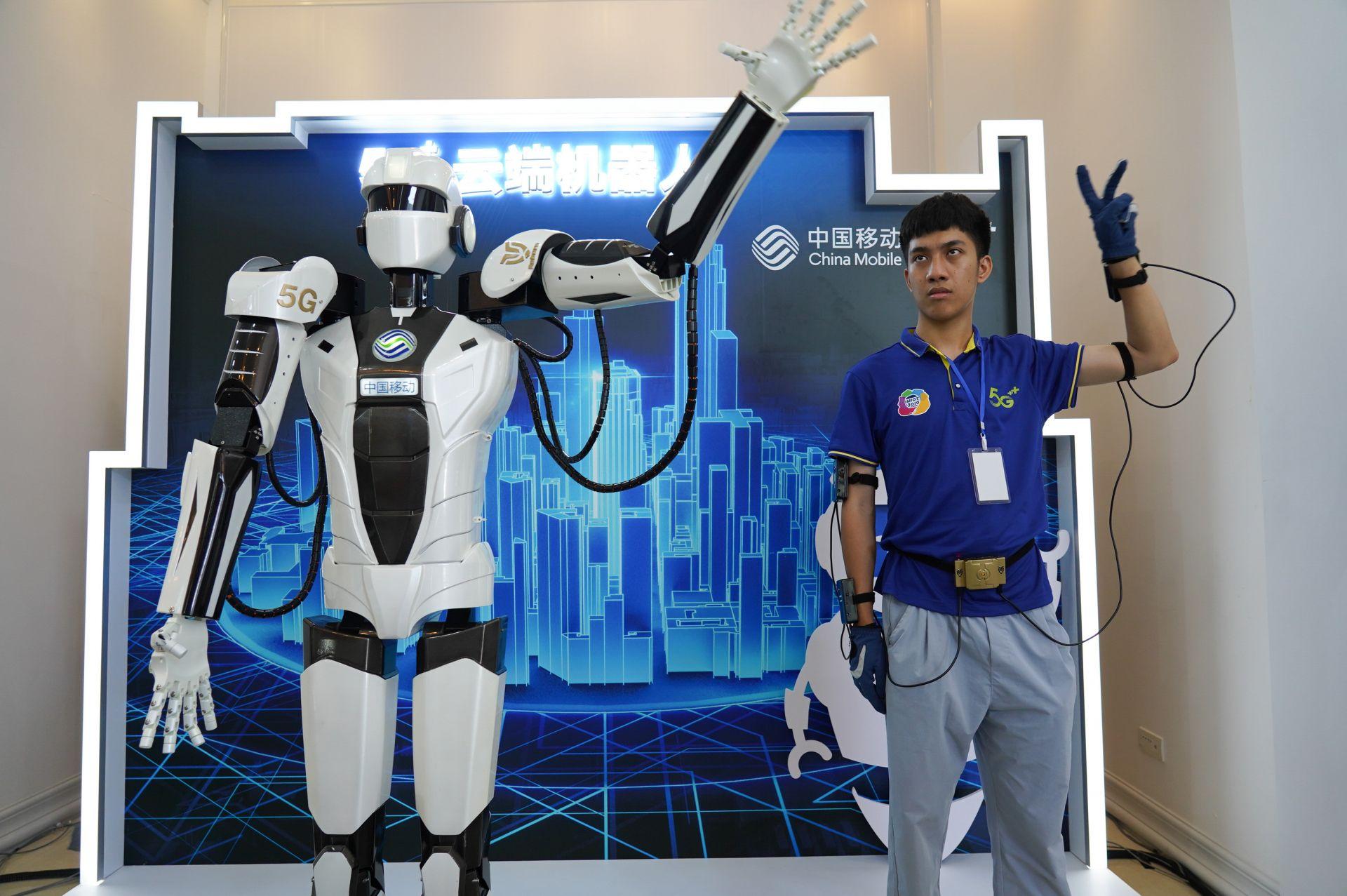CHANGSHA, Feb. 23 (Xinhua) -- After the installation of an "ozone disinfection chamber," Wang Xiangqian felt relieved to resume work amid the outbreak of the novel coronavirus.
As an employee of Broad Clean Air Technology Co., Ltd. in the Changsha Economic and Technological Development Zone, central China's Hunan Province, Wang disinfects himself in the 5-square-meter ozone disinfection chamber before entering the industrial park.
More than 2,000 employees in the industrial park where Wang's company is located have returned to work so far.
Walking into the ozone disinfection chamber, two electrostatic air purifiers in the confined space release ozone, killing bacteria and viruses.
"Although we have asked all the staff to wear masks, we still need to do more," said Guo Jinglong, the general manager of the user center of the company. Guo said on Feb. 9, the company produced two "ozone disinfection chambers" based on the technology of electrostatic purification machine and ozone generator overnight and used in the industrial parks in Changsha, capital of the province and Xiangyin County.
"Compared with chlorinated disinfectants and ultraviolet disinfection, ozone disinfection has the characteristics of full coverage and super-cleanliness, avoiding residues that cause secondary pollution," Guo said.
"The ozone disinfection chamber can help enterprises with epidemic prevention after their employees resume work," Guo said, adding that many enterprises have been consulting them to purchase it.
Three kilometers away in another industrial park, at lunchtime, the road is almost empty, with only a driverless delivery vehicle named "Super Shadow" running between the office buildings.
"Hello, your food has arrived at the downstairs of your building, please scan the QR code to fetch the meal," read one text message sent to the customer who ordered the meal over the phone. Workers and employees in the industrial park then came to the driverless vehicle and took the lunch they had booked through WeChat.
"Super Shadow" was not designed to deliver food, but an unmanned logistics vehicle developed by Xingshen Intelligent Technology Co., Ltd. The company focuses on the core technology of unmanned driving, providing technologies, products and overall solutions related to unmanned driving.
"After returning to work, we decided to use unmanned vehicles to deliver meals to reduce the chances of cross-infection when gathering," said Li Rui, chief operating officer of Xingshen. The company has urgently renovated the internal structure of the "Super Shallow," set up a thermal insulation layer, and turned off the touch screen, allowing people to take meals by scanning QR codes to reduce the risks of touch infection.
"'Super Shadow' can carry up to 200 packed meals at one time. As the delivery route is set, it will return after the delivery is complete," Li said. "The unmanned vehicle can be controlled with a smartphone, and it is always disinfected before departure and after return."
"Artificial intelligence enterprises should give full play to their advantages to help resume work and production," Li said.




 A single purchase
A single purchase









